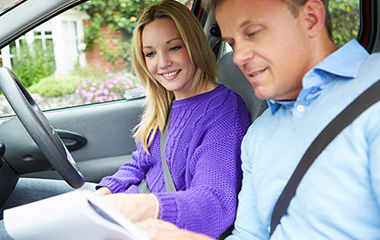
Can You Take Your Driving Test In Your Own Car | A Choice
It is perfectly fine to take your practical driving test in your own car as long as it meets certain rules covered in this article.

It is perfectly fine to take your practical driving test in your own car as long as it meets certain rules covered in this article.
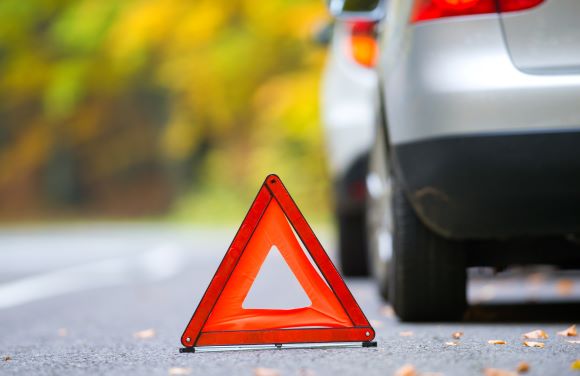
Learn what steps to follow after a car accident in the UK, including legal steps, reporting, and insurance advice. Stay safe and protect your rights with this essential guide.
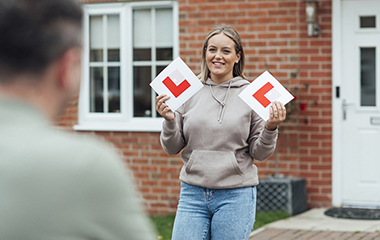
Learning to drive without L plates could land you a fine & penalty points on your licence. This guide covers what you need to know about L plates.
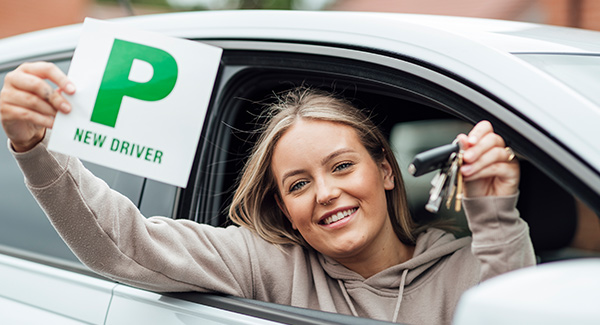
New drivers can use optional P plates to indicate they’ve recently passed their test, which may give them some leeway with other road users.
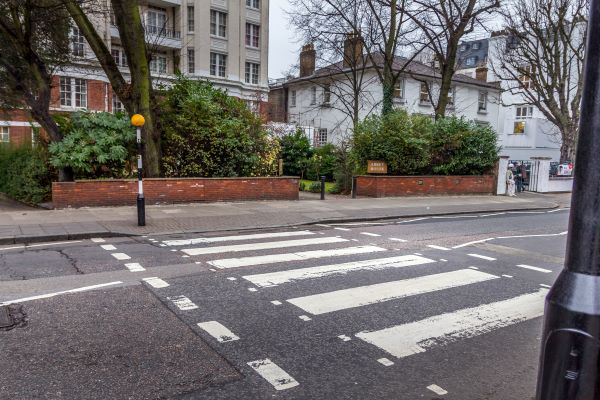
Road crossings are essential for pedestrian safety; three common pedestrian crossings are puffin, pelican and zebra, each serving a unique purpose.
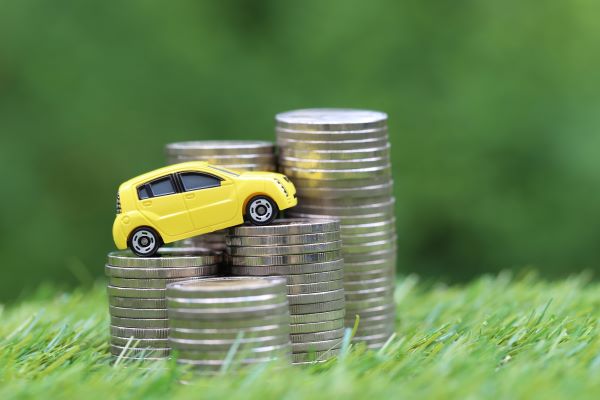
This guide explains the process of taxing a car in the UK, which is essential for maintaining public roads. You can tax a car online, by phone, or at the Post Office. Car tax is based on CO2 emissions and must be renewed annually.
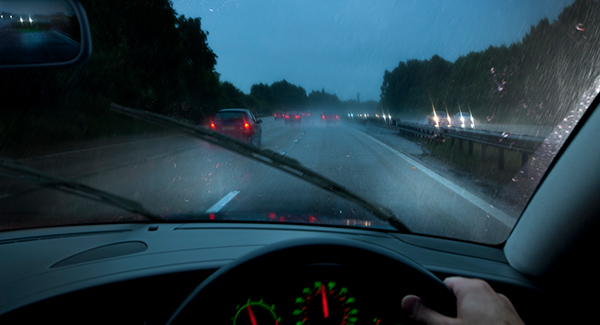
Most insurers recognise that nighttime driving is necessary for various activities, such as work or socialising. However, regularly driving at night with a telematics policy will negatively affect the overall driving score.

Keeping your car clean ensures it remains in good condition and reduces the likelihood of breakdowns.
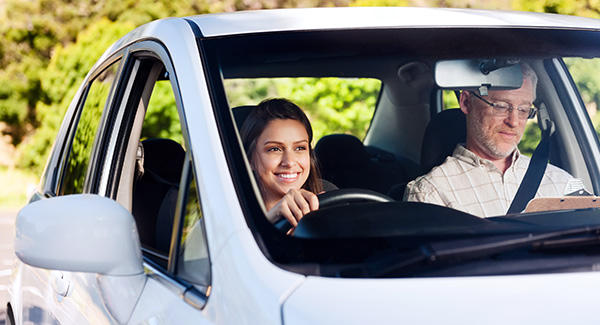
An intensive driving course offers a fast track to obtaining a full license and driving independently. However, the intensive schedule might be overwhelming for some learners who may prefer a slower, more relaxed approach to learning to drive.
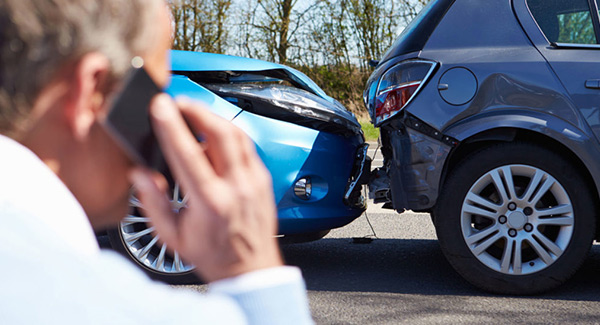
Being hit by an uninsured driver can be a stressful and frustrating experience. However, you may be able to claim compensation if the accident wasn’t your fault.